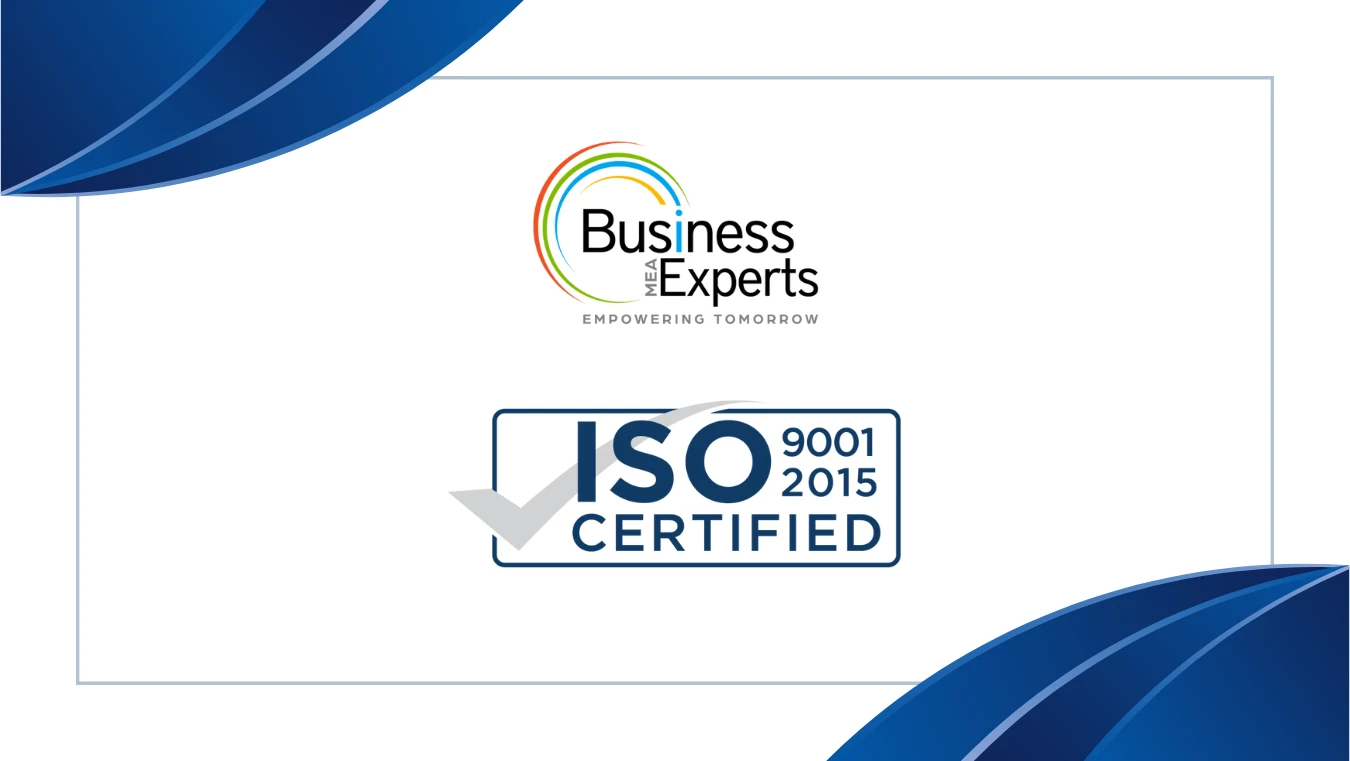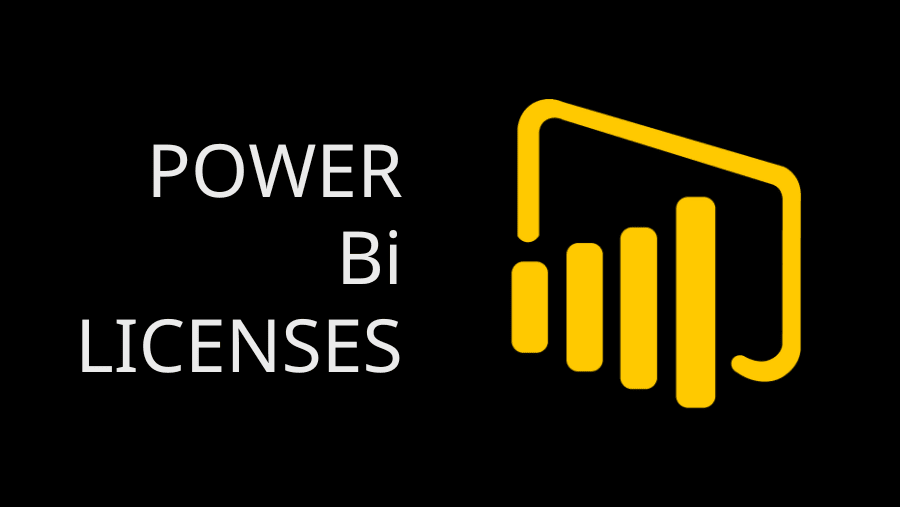Microsoft has been providing businesses with ERP solutions for efficient operations. Microsoft Dynamics AX and NAV are two notable services among Microsoft ERP offerings and both allow customization at various levels to suit the needs of large, medium and small-scale companies in different sectors.
However, for business owners and top management, deciding between Dynamics AX and NAV may be challenging. Experts at Business Experts Gulf have made this blog to assist you in selecting the most suitable platform for your business.
Let’s know about Microsoft Dynamics NAV and AX
For large companies, an enterprise-level ERP solution like Dynamics AX ERP can help manage complex supply chain activities across numerous sites.
On the other hand, Dynamics NAV, an ERP designed for small and medium-sized businesses with a single or small number of locations, with its straightforward interface and powerful core features, helps simplify essential business operations such as accounting, inventory management, and sales.
Deciding Factors Between Choosing Dynamics AX and NAV?
When deciding on an enterprise resource planning (ERP) system for your company, it is important to keep in mind the following details:
1. Complexity of the Company’s Size
Dynamics AX, capable of managing large amounts of data, complex business policies, and a large number of users, can benefit companies with intricate organizational systems, and a lot of branches spread across different locations.
Dynamics NAV, with its less complex operational requirements, is easily customizable to the changing needs of any company and is perfect for small and medium-sized businesses (SMBs).
2. Features and Functionality
Dynamics AX has been made to meet the wide range of requirements of large companies. Financials, manufacturing, SCM (supply chain management), project management, HCM (human capital management), and CRM (customer relationship management) are some of the core departments in large companies and these are all intrinsic parts of Dynamics AX’s advanced features.
Dynamics NAV, on the other hand, caters to small and medium-sized industries and so it offers essential features for accounting, purchasing, sales, inventory management, and financing. Although Dynamics NAV can be customized to fit the requirements of a small or medium-scale business, the selection of in-built functionality is limited.
3. Expenses and Implementation
The customization, implementation, and maintenance of Dynamics AX, a complex and sophisticated ERP solution for large industries, are expensive. Since the time taken to implement Dynamics AX depends on the customization requirements of a company, it might take longer to implement if a substantial amount of customization is required.
On the other hand, implementing Dynamics NAV is typically a faster and more efficient affair. The training becomes easier and ongoing support expenses go down because of Dynamics NAV’s intuitive interface.
4. Customizability and Scalability
Due to its customizability, though Dynamics AX allows companies to scale it up or down to meet evolving business demands, it isn’t always easy and often requires a lot of funds and resources.
The modularity of Dynamics NAV, made for small and medium-sized businesses, makes it easy to scale up customize.
5. Choices for Deployment
The deployment via cloud is more cost-effective and makes implementation cost effective Microsoft is shifting Dynamics AX to cloud-based solutions, including Dynamics 365 for Finance and Operations. However, Dynamics NAV supports on-premises deployment as well as cloud-based deployment through Dynamics 365 Business Central.
6. Accessibility and UI
Dynamics AX’s simple UI has been developed to increase the efficiency and productivity of staff across departments. Whereas Dynamics NAV comes with a simpler design and presents an intuitive user interface for use in smaller enterprises.
7. Tool Integration
Both Dynamics AX and NAV can be integrated with third-party apps through connectors and APIs, along with the ability to integrate and interact with tools from Microsoft.
Conclusion
Both Dynamics AX and NAV are great options, but which one is best for your business depends on its size and the intricacy of its operations. Dynamics AX’s sophisticated features and scalability are made to support large organizations. Dynamics NAV is a better fit for SMEs with fewer needs and resources.
Contact Business Experts Gulf for implementation of Dynamics AX, Dynamics 365 (Dynamics NAV) ERP to give productivity in your organization a real boost.






